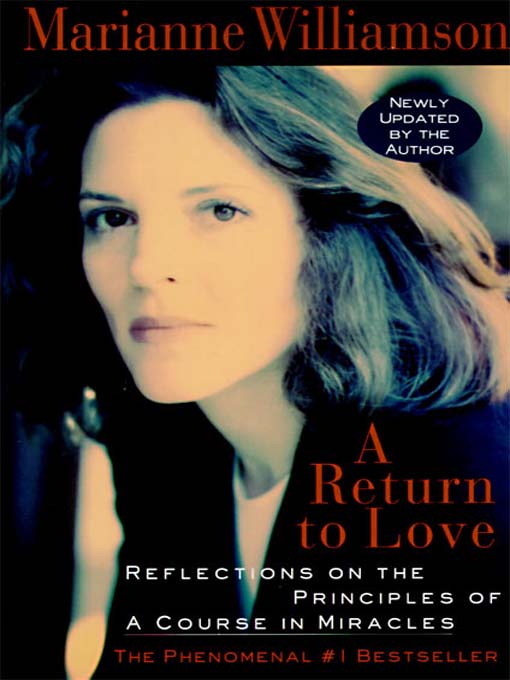
Some more about starting with the Other Person’s Win:
When we plan to help another person Win, does it matter whether we start with Intention or Action?
The MBA part of my brain is laughing at the question: “Dude — ‘Help Someone Win’ is a big enough leap for most business people. Don’t waste time on the details.” And the MBA brain is probably right at least most of the time.
But for those who want to dig deeper, it’s a question worth asking:
Do I start with Intention — wanting the other person to Win; then continue with Action — working for the win? Or do I start with Action — working for the win — knowing that I’ll naturally feel the Intention after I start taking Action?
Sages and scholars can be found on either side of the argument.
The Buddha favors Intention first:
“Therein bhikkhus, right view comes first. And how does right view come first? In one of right view, right intention comes into being; in one of right intention, right speech comes into being; in one of right speech, right action comes into being; in one of right livelihood, right effort comes into being; in one of right effort, right mindfulness comes into being; in one of right mindfulness, right concentration comes into being; in one of right concentration, right knowledge comes into being; in one of right knowledge, right deliverance comes into being. Thus bhikkhus, the path of disciple in higher training possesses eight factors, the arahant possesses ten factors.”
Buddha, Mahacattarisaka Sutta, 117, Majjhima Nikaya
Scholar (and Sage) Thomas Moore starts with Action
Writing as a psychotherapist and former Catholic Monk, Moore suggests that Intention follows from Action; and regardless, Action is the fundamental thing. My paraphrase of his advice to couples in conflict: “If you have come to a place of antipathy and distance, begin the recovery by once again loving each other. Not by trying to “feel” the love, because that’s neither easy nor useful. Instead, do the love. Love is a verb: take care of a task that your wife needs done. Pay an honest compliment to your husband. Choose your spouse’s preference before your own. Do these things repeatedly , and the feeling of love will emerge on its own.”
After hearing these two takes my client said, “But Moore is talking about people in conflict, not new people like I’m going to meet. And as for the Buddha and intention, I don’t know these people enough to know what to intend for them.”
“You know, ” I replied, “Don’t worry about it. Just put “Look for [Dick or Jane]’s Win” at the top of your meeting notes, and everything will work out fine.

